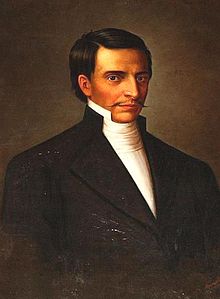The music of Ecuador is a diverse aspect of Ecuadorian culture. Ecuadorian music ranges from indigenous styles such as pasillo to Afro-Ecuadorian styles like bomba to modern indie rock like "Cambio de Tonalidad" by Da Pawn.

Theo Constanté Parra was a master Latin American painter part of the Abstract Informalist Movement in Ecuador. In 2005, Constanté won the country's most prestigious award for art, literature and culture, the Premio Eugenio Espejo National Award, presented by the President of Ecuador. Constanté's works are abstract in nature and consist of many colors which meld together amongst loosely drawn geometric lines. Constanté stated that his favorite colors were red, orange and blue and they are the colors that are typically more dominant in his work.
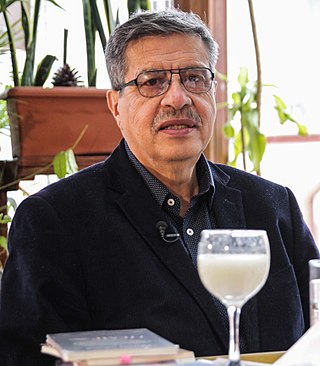
Abdón Ubidia is an Ecuadorian writer who is considered one of the most representative and relevant voices of modern Ecuadorian literature. He was the 2012 recipient of the Premio Eugenio Espejo in Literature, awarded to him by President Rafael Correa.
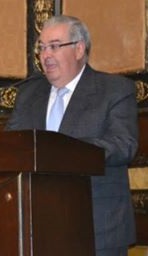
Rodolfo Pérez Pimentel is an Ecuadorian lawyer, historian, and biographer. He was declared the lifetime chronicler of the city of Guayaquil, and is a member of the National Academy of Ecuadorian History. He was the 2005 recipient of the Premio Eugenio Espejo in Literature, awarded to him by President Alfredo Palacio.

Gabriel Cevallos García was an Ecuadorian writer, historian, professor, and philosopher.
Galo René Pérez Cruz was an Ecuadorian writer, poet, literary critic, biographer, and college teacher.
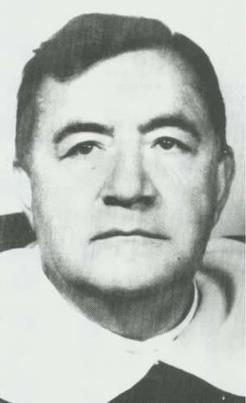
Fray José María Vargas Arévalo O.P. (1902–1988) was an Ecuadorian Dominican friar, writer, and historian.

Plutarco Naranjo Vargas was a doctor, teacher, journalist, historian, and scientific researcher. He served as the Ecuadorian ambassador to the Soviet Union, Poland, and the German Democratic Republic (concurrently) from 1977 to 1978. In 1988, he accepted a four-year appointment to the cabinet of newly elected president Rodrigo Borja Cevallos as Minister of Health.
Galo Galecio Taranto was a prominent Ecuadorian painter, muralist, sculptor, caricaturist, and printmaker, whose work is known for its political content and recurring theme of Afro-Latin American life and culture.
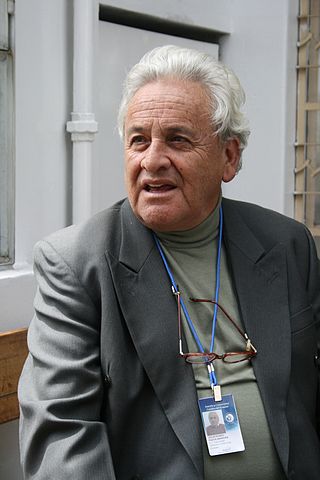
Julio Pazos Barrera is a poet, writer, teacher, and cook.
Esperanza Cruz Hidalgo is a former Ecuadorian ballerina and dance instructor.
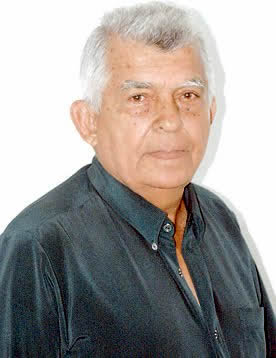
Horacio Hidrovo Peñaherrera was an Ecuadorian poet, writer, professor, and cultural promoter.

Jorge Núñez Sánchez was an Ecuadorian writer, historian, and professor.
Hernan Crespo Toral was an Ecuadorian architect, archeologist and museologist who played an important role in the conservation of cultural heritage in Ecuador.
Misael Acosta Solís was an Ecuadorian naturalist.

Javier Vásconez is an Ecuadorian novelist, short story writer, and editor.
Alicia Escardó Vegh is a Uruguayan writer, cultural manager, and multimedia e-learning content creator.
Juan Valdano Morejón is an Ecuadorian writer. He was born in Cuenca in 1939. He studied at the University of Cuenca, Complutense University of Madrid and the University of Aix-en-Provence. He taught literature and literary theory at the University of Cuenca and at the Pontificia Universidad Católica del Ecuador.
Álvaro Manzano Montero was an Ecuadorian opera and symphony orchestra conductor.

Patricia Lucía Alexandra González Avellán is an Ecuadorian singer from Guayaquil. In 2022 she was given Ecuador's highest award for culture.
